A Power of Attorney is a document in which you can give another person the authority to control your legal and financial affairs. This person is called your ‘Attorney’. An Attorney can be authorised to enter contracts for you, access your bank accounts and sell your assets. It can be useful to appoint an Attorney in a number of situations:
1. If you are overseas and would like someone to manage things for you while you are away.
2. If you would like another person to handle a particular transaction on your behalf.
3. If you want your spouse to be able to deal with accounts and assets that are held in your name.
4. In case you become incapacitated or otherwise lose the ability to manage your affairs because of an illness such as dementia (this type of appointment is called an Enduring Power of Attorney).
Powers of Attorney can be prepared to suit the circumstances for which they are required. For example, you can make a general appointment allowing your spouse to take over all your affairs if you are no longer able to manage them yourself or you can make a power that only enables your Attorney to sell your house for you while you are overseas.
The person giving a Power of Attorney is known as the principal. An Attorney is required by law act in the principal’s best interest and keep reasonable accounts records of the principal’s money. They must also follow the lawful directions of the principal and will be bound by the terms of the document appointing them.
If you need a Power of Attorney, it is important to have one properly drawn to ensure that it is valid under the Powers of Attorney Act 2003 and works only in the circumstances you want.
If you would like advice about a making a Power of Attorney, or other estate planning matters, contact Althea at Hornsby Wills and Probate on 0410 485 277 or by email: althea@hornsbywillsandprobate.com.au
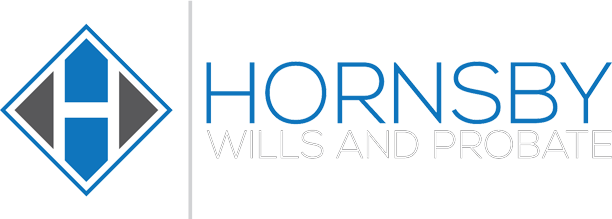

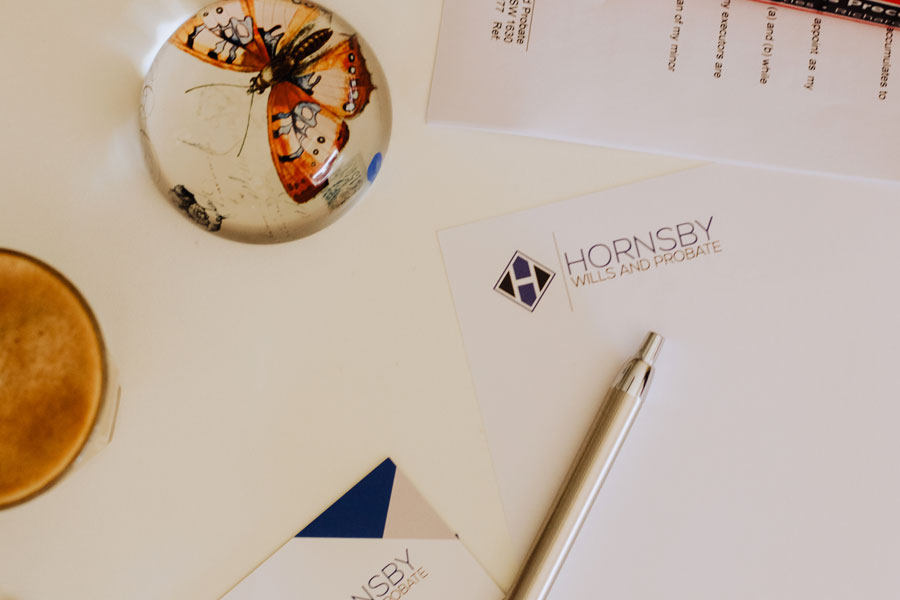
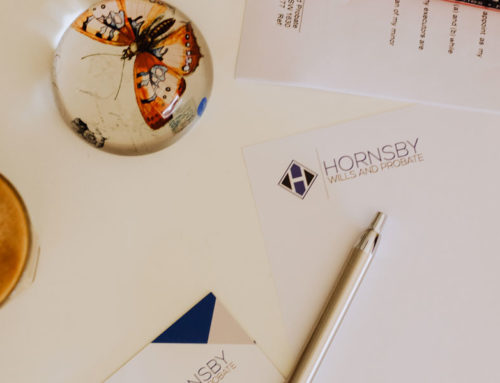
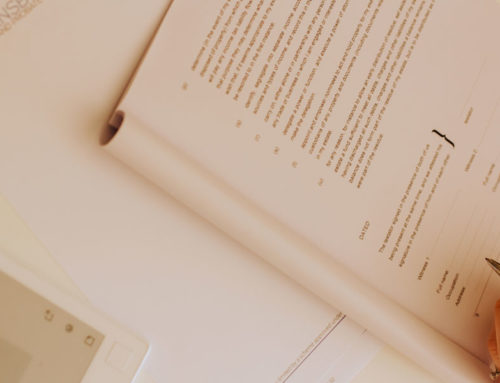
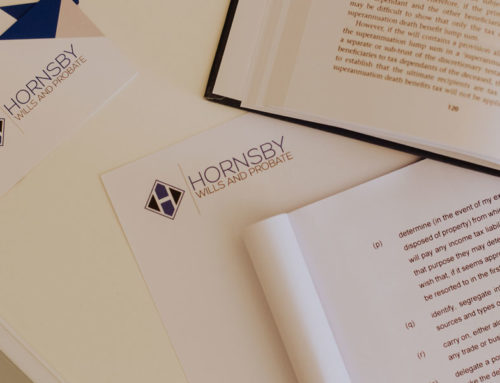
Leave A Comment